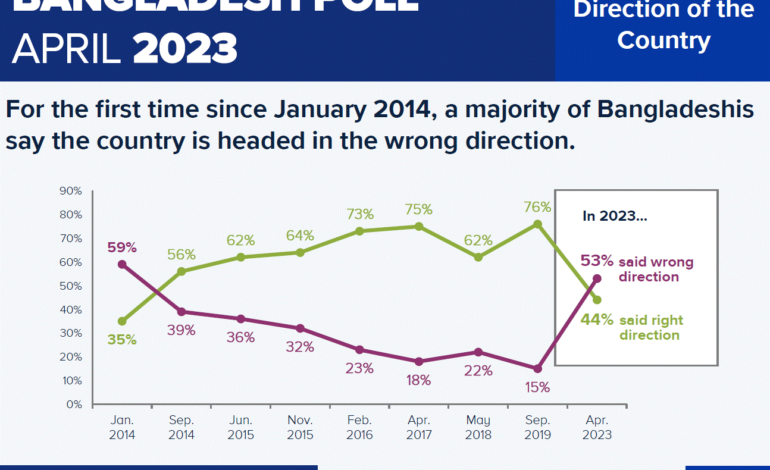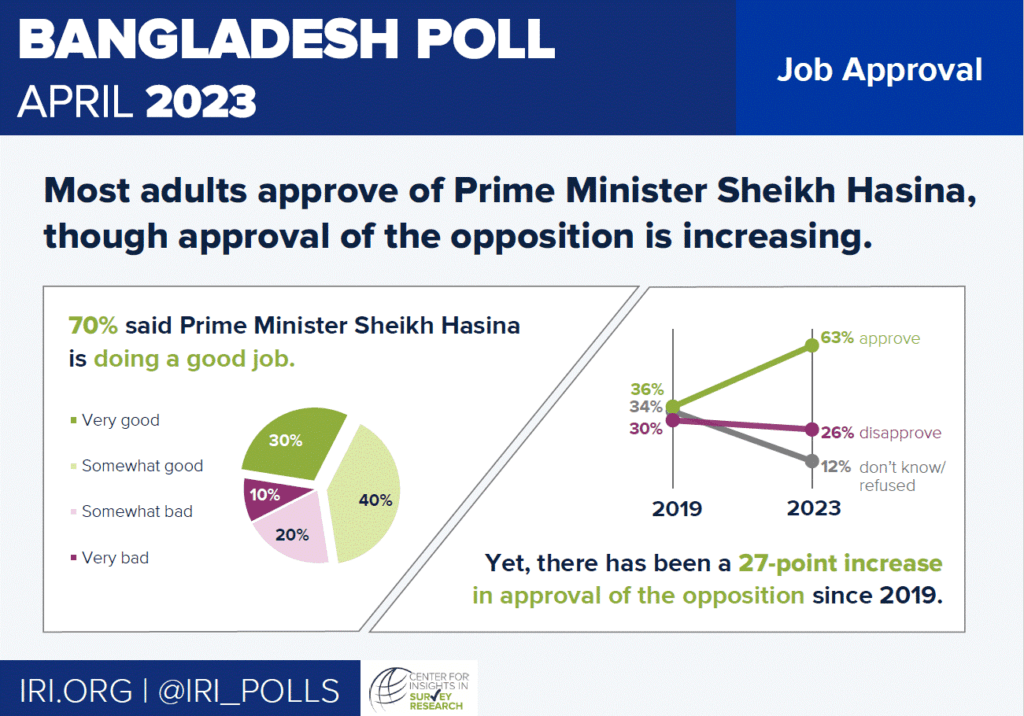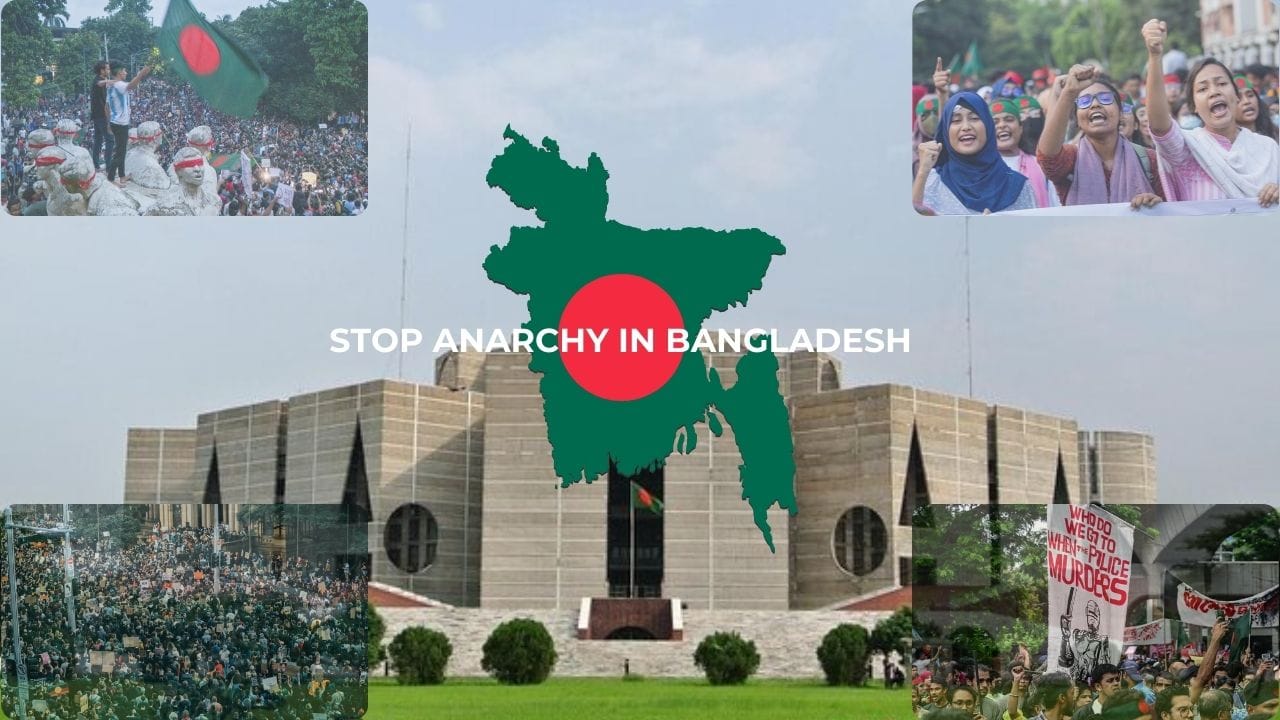Bangladesh in Crisis: IRI Report Highlights Opposition Weakness Amid Rising Tensions
As political instability continued to roll in Bangladesh during 2024, some news broke out in documents leaked from the International Republican Institute as they highlight how opposition Bangladesh Nationalist Party

As political instability continued to roll in Bangladesh during 2024, some news broke out in documents leaked from the International Republican Institute as they highlight how opposition Bangladesh Nationalist Party (BNP) seemed pretty inept in contesting or defeating ruling Awami League, which it kept making efforts at mass street protest against the ruling government. Ultimately, leaving Bangladeshi Prime Minister Sheikh Hasina completely unrivalled in power, BNP’s efforts merely started withering.
According to the IRI report, BNP “has not been able to mobilise successfully,” failing to implement large-scale protests or movements against the government. Opposed to that, the opposition has an intention to spark off large-scale street protests, but they floundered with lame grassroots organisation, lack of public involvement, and infighting at leadership levels. So the party remains marginal in the contemporary political scenario, unable to threaten the position of the Awami League.
Bangladesh was, in the past few months, witnessing renewed political activism. Economic instability, increasing rates of inflation, and allegations of vote rigging fuelled this growing sense of discontent among people. Still, despite public frustration, no advantage could be taken of it by the BNP, at least according to an IRI assessment.
Awami League’s Dominance
The Bangladesh Government is dominated by the Awami League.On the other hand, the ruling party-the leading Awami League-remains unchallenged so far in its grip on the government. The party stranglehold, IRI concluded, was not lowered considerably because the opposition was not able to present effective unity. According to the report, popular discontent with the government has been there but BNP’s failure to organise effectively has allowed Awami League to maintain its grip on Bangladesh’s political machinery.

In this connection, a new report stresses the strategic use of law enforcement and security forces in quelling dissent made by the ruling party, the Awami League. The last months have seen large-scale resistance rallies decisively crushed through mass arrests, tear gas, and full violence against protesting crowds. On the one hand, all this undermines BNP’s capacity for organising and, on the other, creates an atmosphere of fear and repression, which makes dissent difficult to organise.
BNP: A Hope for Future Power Shift?
The IRI report still viewed the BNP as the “most likely party to propel a shift in power in the future.” The report noted that in the system at present, the party is very weak, but this makes it the most viable alternative to the Awami League on account of its historical presence and influence. But if it is to be the force to potentially challenge the future of the Awami League, the party has much more significant reorganisation in terms of its strategy, grassroots support rebuilt and new ways of connecting to a frustrated population.
Increasing Anxieties over Brutality
The Bangladesh political crisis has consumed the well-being of its citizens. The state forces are battering protesters, there is widespread deprivation of human rights, and arbitrary detentions that have created a brutal situation, further weakening the democratic fabric of the country. International human rights organisations have raised red flags over deterioration in civil liberties in Bangladesh, cautioning that the attitude of the government may lead to further rebellious situations.
Ongoing political tensions remain a threat to Bangladesh’s democracy. The ruling party, the Awami League, doesn’t surrender their hold on power that easily, and an opposition, which has been lame so far in their efforts to force a change, remains vulnerable. But the state of affairs is fluid due to the discontent felt and the prospect of certain external factors; anything can still happen in the near future.
Bangladesh, in this turbulent landscape, must navigate its way through increasing polarisation and violence as political parties vie for control of the nation’s future.



